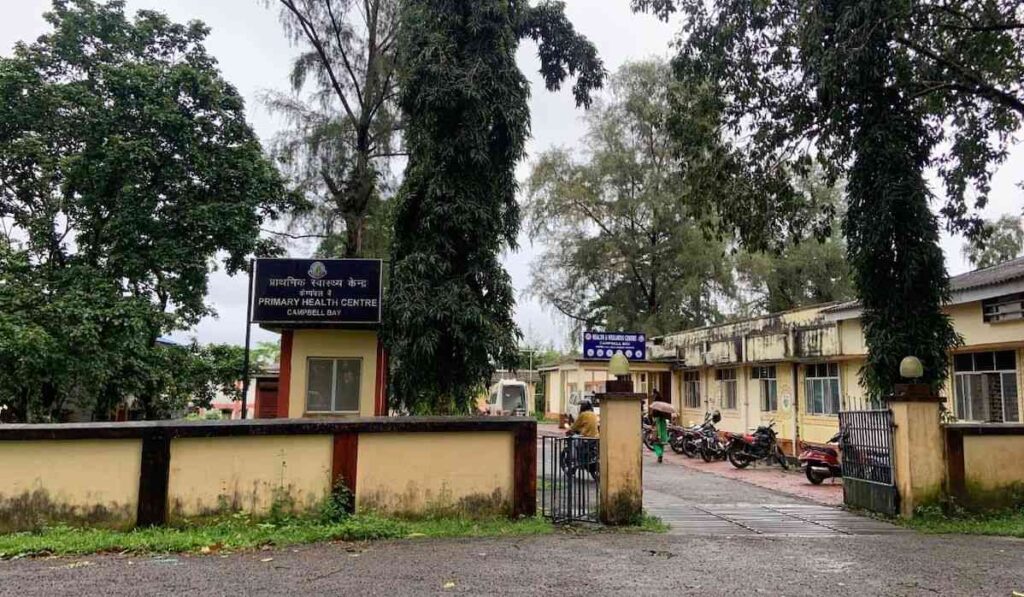Tarun Karthick
Port Blair, 15 March 2024
The health services on Great Nicobar Island face a critical setback as the Primary Health Centre (PHC) in Campbell Bay ceased its laboratory operations following the departure of its sole lab technician on March 14, 2024. The technician had to attend a court hearing as a witness, leaving the entire island region without vital medical testing facilities.
Situated in the heart of Great Nicobar Island, the PHC Campbell Bay hosts the only laboratory facility serving both Great Nicobar and Little Nicobar Islands. The absence of a lab technician poses a significant risk to the health and safety of the residents, as crucial medical tests and diagnoses are now unavailable.
The Directorate of Health Services has struggled to fill the position of lab technician on Great Nicobar Island for an extended period. The lab at PHC Campbell Bay was being operated by a technician deputed by the Andaman and Nicobar AIDS Control Society.
The sudden departure of the lone technician has forced the closure of the PHC’s laboratory, leaving the island’s population vulnerable in emergencies. Without proper testing facilities, doctors would not be able to recommend procedures like blood transfusions, which require rigorous testing to ensure the safety of recipients.
This lack of essential healthcare services in remote regions like Great Nicobar Island highlights systemic issues within the Directorate of Health Services. Neglecting the healthcare needs of isolated communities puts lives at risk and underscores the urgent need for comprehensive staffing solutions in these areas.
The Andaman and Nicobar Administration must prioritise the deployment of critical healthcare personnel to remote islands to ensure the uninterrupted delivery of essential medical services. Failure to address these staffing shortages could have severe consequences for the health and well-being of island residents.
For now, the residents of Great Nicobar remain without access to vital laboratory services, raising concerns about their ability to receive timely and adequate healthcare in the event of emergencies or medical conditions requiring diagnostic testing.

